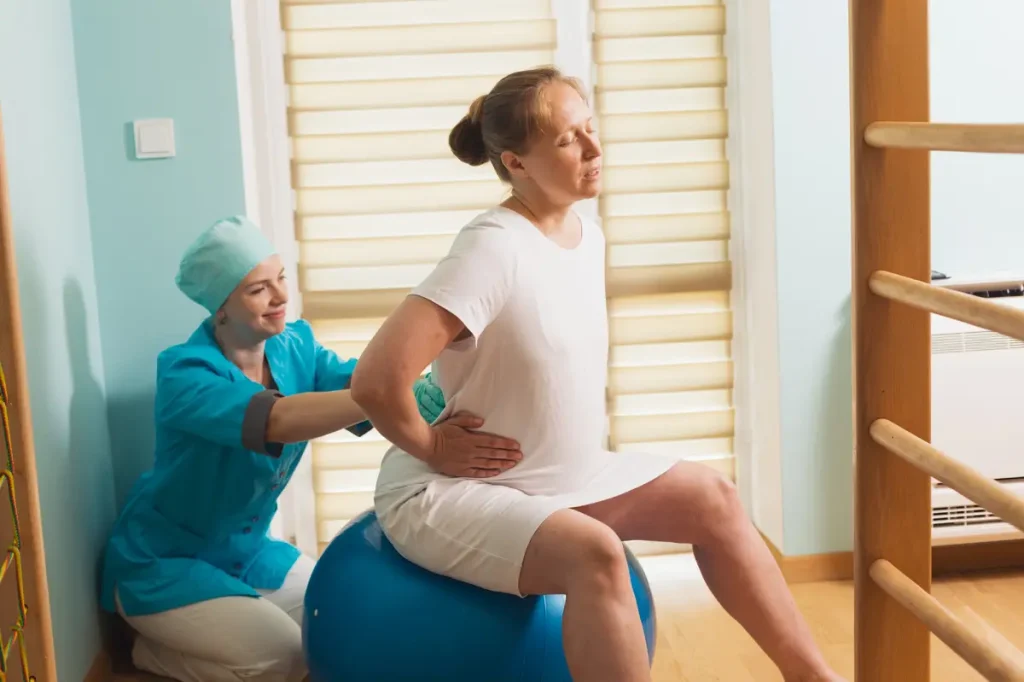The Timeless Art of Midwifery: Empowering Women Through Personalized Care
Midwifery represents one of humanity’s oldest healing traditions, a practice that has evolved alongside civilization itself while maintaining its core commitment to supporting women through life’s most transformative experiences. What began as community-based knowledge passed between generations has developed into a sophisticated healthcare profession grounded in both science and compassionate care. Today, approximately 14,000 midwives practice across the United States, each trained to provide evidence-based care that honors the deeply personal nature of pregnancy, childbirth, and women’s health throughout the lifespan. As Eugenia Montesinos, Director of Midwifery Services at NYU Langone Health, explains, midwifery is truly “a labor of love” – a calling that extends far beyond the delivery room to encompass comprehensive healthcare support for women at every stage of life.
The modern midwifery landscape in America includes three primary types of practitioners, each with distinct educational pathways and certifications. Certified Nurse-Midwives (CNMs) represent the most medically integrated branch, combining registered nursing credentials with graduate-level midwifery education and certification from the American Midwifery Certification Board (AMCB). Certified Midwives (CMs) hold similar graduate degrees and AMCB certification but without the nursing background, while Certified Professional Midwives (CPMs) typically train through apprenticeship models and meet North American Registry of Midwives requirements. This diversity of paths reflects midwifery’s unique position in healthcare – distinct from both doulas, who provide non-clinical emotional and physical support during labor, and obstetrician-gynecologists, whose training emphasizes surgical intervention and high-risk management. Midwives occupy the vital middle ground, specializing in what Montesinos calls “the art and science of normal, physiological birth” while viewing women’s health holistically.
What truly distinguishes midwifery care is its philosophical foundation in partnership with women. Midwives approach healthcare as a collaborative process that honors patients’ agency, preferences, and innate wisdom about their bodies. “Women like to feel seen, heard and supported,” Montesinos notes, which is why midwives prioritize building trusting relationships and spending substantial time with each patient. This patient-centered approach translates into impressive clinical outcomes – research consistently shows midwifery care associated with lower rates of cesarean births, labor inductions, epidurals, and episiotomies, alongside higher overall satisfaction. This success stems from midwives’ core principle of supporting natural physiological processes whenever possible while judiciously employing interventions only when necessary. For women with high-risk pregnancies involving conditions like diabetes or pre-eclampsia, midwives don’t work in isolation but collaborate seamlessly with physicians, ensuring both safety and continuity of care throughout the pregnancy journey.
Despite their proven effectiveness, midwifery remains surrounded by persistent misconceptions that limit many women’s access to this model of care. Contrary to common belief, midwives practice primarily in hospitals and birth centers rather than exclusively attending home births, and their services are typically covered by insurance like other healthcare providers. Another widespread myth suggests midwives serve only low-risk pregnant women, when in reality, anyone seeking prenatal care can benefit from midwifery, with appropriate physician collaboration for higher-risk cases. Perhaps most limiting is the notion that midwives exclusively promote unmedicated “natural” births and reject modern pain management. Montesinos emphatically clarifies that midwifery is “about choices, not limitations” – midwives offer expertise in non-pharmacological comfort measures like breathwork, touch techniques, and hydrotherapy while also supporting epidurals and other pain management options when desired by the mother. The goal isn’t to restrict options but to empower women with information and support for whatever birth experience they envision.
The scope of midwifery practice extends far beyond what many imagine, encompassing comprehensive women’s health services across the lifespan. “You don’t even need to be pregnant to see a midwife,” Montesinos explains, addressing another common misconception. Midwives provide fertility counseling, contraceptive services, routine gynecological care including Pap smears and annual exams, and can even prescribe medications – offering continuous support “from menarche to post-menopause.” This continuity becomes especially valuable in the postpartum period, where midwifery care doesn’t end with birth but extends through the crucial weeks of physical and emotional recovery. Midwives monitor healing, screen for postpartum depression, prescribe necessary medications, and connect new mothers with additional support resources. “It’s a journey to have a baby,” Montesinos reflects, “and we embark on that journey together,” providing a level of personalized attention that many women find lacking in conventional healthcare settings.
At its essence, midwifery represents a profound commitment to honoring birth and women’s healthcare as deeply human experiences deserving of both scientific excellence and compassionate presence. For women seeking care that treats them as whole persons rather than collections of symptoms, that respects their autonomy while providing expert guidance, and that views pregnancy and birth as normal physiological processes rather than medical emergencies, midwifery offers a compelling alternative to conventional healthcare models. As Montesinos beautifully summarizes, midwives exist “to empower women through the deeply human experience of giving birth — and provide lasting support through every stage of life.” In a healthcare landscape often criticized for its impersonal approach and overreliance on technological intervention, midwives preserve the essential human connection at the heart of healing traditions while embracing evidence-based advances that enhance safety and wellbeing. For the thousands of women who discover midwifery care each year, this balanced approach offers not just healthcare but genuine partnership in some of life’s most transformative moments.


